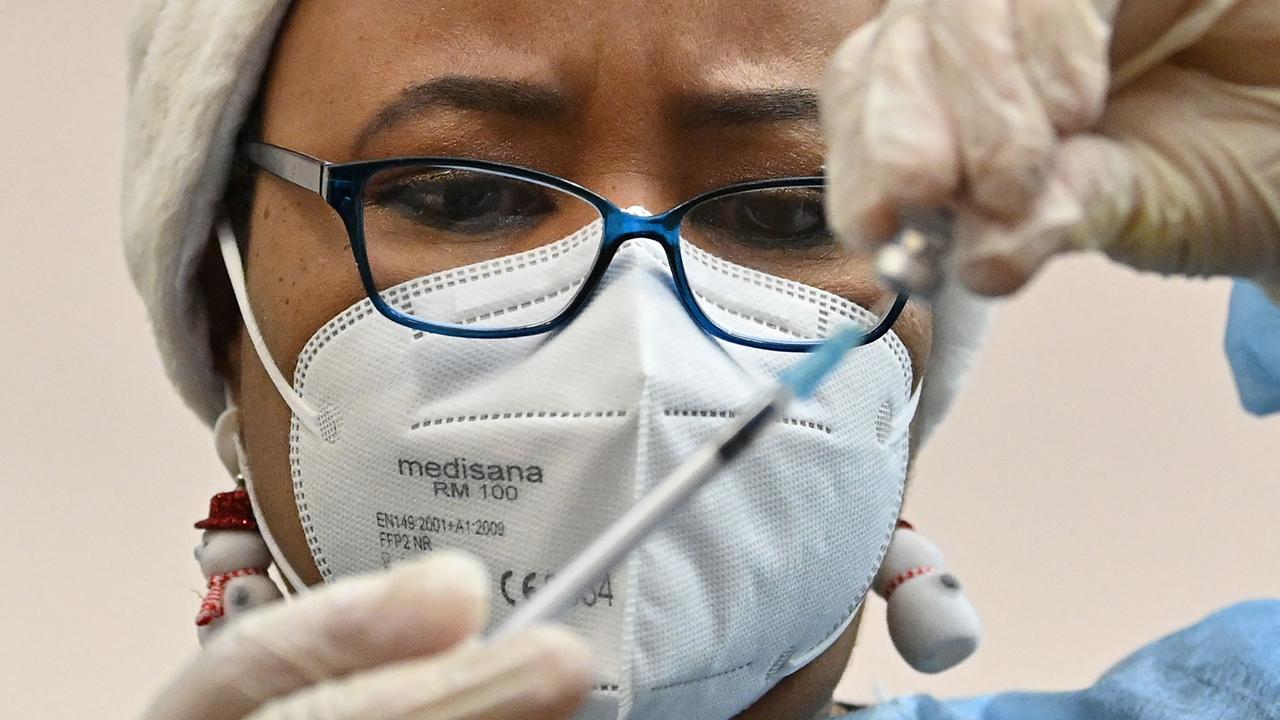Denmark health expert Tyra Grove Krause says Omicron variant may help pandemic end in two months
One of Denmark’s top health officials believes the Covid pandemic may end very soon and that the surging Omicron variant may be to thank for it.

A top health official in Denmark has predicted that the Covid pandemic may be over in her country in just two months and it may all the thanks to the Omicron variant.
Tyra Grove Krause, the chief epidemiologist at Denmark’s State Serum Institute, told Danish TV 2 that a new study by the Institute has found that hospitalisations due to Omicron are about half that of the Delta variant.
Asked how long coronavirus will affect the lives of the Danes, she replied “I think it will have that in the next two months, and then I hope the infection will start to subside and we get our normal lives back”.
Dr Grove Krause’s research stated that “Omicron is here to stay”.
“It will provide some massive spread of infection in the coming month. When it’s over, we’re in a better place than we were before,” the paper said.

Dr Grove Krause said that because more people will become infected, the level of immunity in Denmark may mean life to return to normal in a few months. However, she warned that the next two months will put a strain on the local healthcare system.
“Omicron will peak at the end of January, and in February we will see declining infection pressure and a decreasing pressure on the health care system,” she said. “But we have to make an effort in January, because it will be hard to get through”.
“In the long run, we are in a place where coronavirus is here, but where we have restrained it, and only the particularly vulnerable need to be vaccinated up to the next winter season,” she said.
The positive news out of Denmrk comes three daysd after the World Health Organisation made a similarly hopeful statement about Omicron.

“If we put an end to inequality, we will put an end to the pandemic and the global nightmare that we have all gone through,” WHO chief Tedros Adhanom Ghebreyesus said in a speech on New Year’s Eve.
Two weeks ago Dr Grove Krause warned that research her Institute had done found that people with two doses of Covid vaccines like Pfizer are just as vulnerable to Omicron as the unvaccinated.
She said data collected from across Europe found that for vaccinated people to be protected against Omicron they needed to get their booster shot as well.
Her colleague, Anders Fomsgaard, said the origins of the Omicron strain may have started in an HIV patient, who are immunocompromised and cannot kill the virus, leaving it to mutate and change.
“This could be one of the ways you create this resistant virus,” he said.

Top US pandemic Adviser Anthony Fauci also said at the weekend that the surge in Covid cases may be only weeks away.
“We are definitely in the middle of a very severe surge and uptick in cases,” Dr Fauci said on This Week, calling the soaring infection rate “really unprecedented.”
More than 440,000 new Covid cases were reported in the US on Friday, almost exactly 200,000 more than during a peak last February.
But Dr Fauci said the experience of South Africa – where the strain was first detected in late November and peaked quickly, then subsided almost as quickly – offered some hope.
More Coverage
“When one looked at the relationship and the ratio between hospitalisations and cases (in South Africa), it was lower, the duration of hospital stay was lower, the requirements for oxygen was lower,” he said. “We’re seeing a bit of that, not as pronounced, in the UK, but certainly that trend. And if you look here at the United States, we don’t want to get complacent at all, and you don’t want to jump to a positive conclusion, because it’s still early.
“But given the large number of cases, we have not seen a concomitant increase in the relative percentage of hospitalisation,” he said.
The US rates of deaths and hospitalisation have been far lower in recent weeks than during previous Covid surges.





